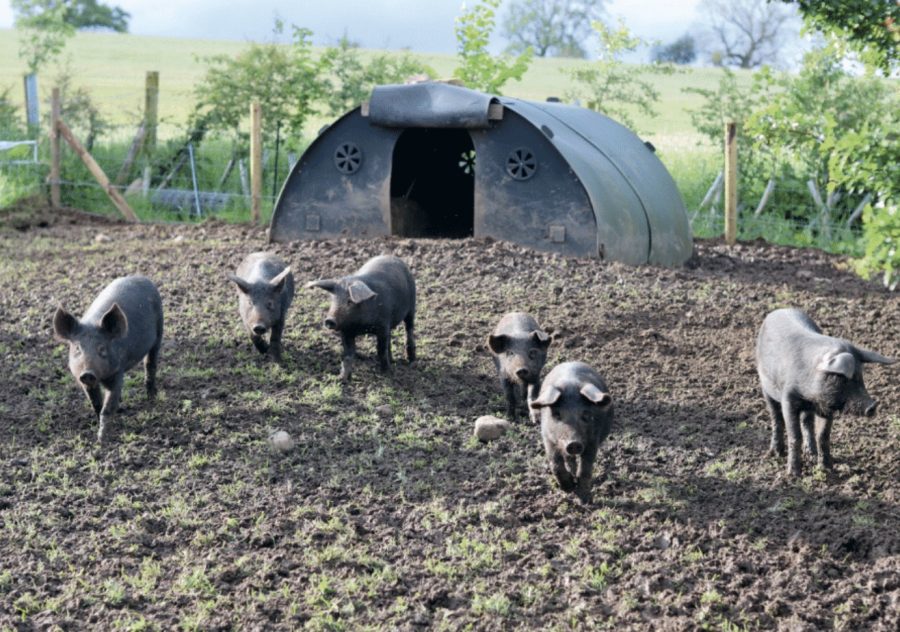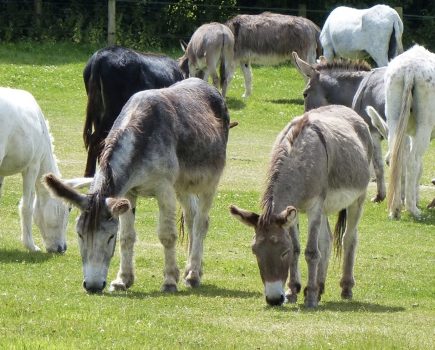Who is considered to be a smallholder, what can membership of a group offer and what are the benefits of joining one near you? John Sones investigates…
Last year the Suffolk Smallholders Society (SSS) celebrated thirty years since it was formed. Back in 1994 a group of people who had just completed a smallholding course wanted to keep the momentum going and so the society was born.
Since then, there have been many challenges but somehow it has kept going. Whilst researching our archives, I came across the aim “to enlighten and encourage people to have a go at smallholding”. Whilst that is fundamental, I think that it should now also include mention of the very important benefit to mental health from interacting with like-minded people, something that perhaps has become more recognised and important in recent years.
So who is considered to be a smallholder, what can membership of a group offer and what are the benefits of joining one near you?
FARMING VS SMALLHOLDING
Farms normally need a large acreage today to be economical and tend to be more specialist in what they do. A smallholder is usually regarded as someone who owns or has access to land (a holding) which might be, for example, 0.25 acres or 100acres. They may keep livestock in small numbers such as chickens, sheep, pigs and other farm animals, often having a few of each and they may grow vegetables or just manage the land in a suitable manner.
Many years ago, it was possible to earn a living from a smallholding or at least to be self-sufficient but that is rarely the case today although some do manage to using other income streams. Both farming and smallholding could be deemed to be lifestyle choices but whereas farming is a full-time occupation, for smallholders it may only form part of their life with other sources of employment and income.
For example, some people have high powered jobs and look forward to their smallholding activities at the weekend or in the evening to help them to de-stress. Also usually there are not the same business pressures that farming generally suffers from. Both groups are usually very good at making do and finding other uses for redundant articles and materials and may often be working alone. Some holdings may also be a long way from a neighbour and/or be subject to extremes of weather which may mean that they are sometimes cut off and have to be self-sustainable for short periods of time.
Both forms of lifestyle have a lot in common. Vicky Robinson, through a Nuffield Farming Scholarship, undertook a world wide study mainly in 2019 about
‘Farmer To Farmer Knowledge Exchange: Relevance And Values During Change’ which illustrated not only the benefits of learning from your peers but also the value of the social bonds formed through the groups formed.
This article extract was taken from the June 2025 edition of The Country Smallholder. To read the article in full, you can buy the issue here.








